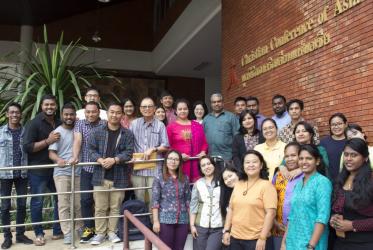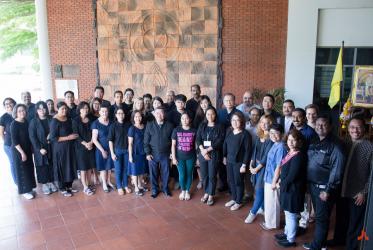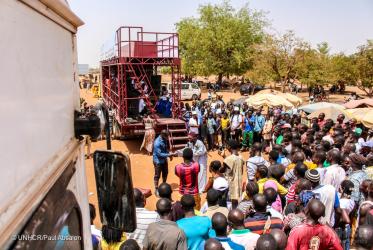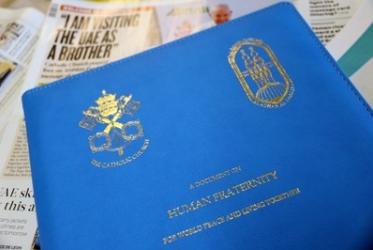Displaying 1 - 20 of 22
WCC co-signs message to UN on statelessness
07 October 2019
With ongoing discourse about people on the move, CCME’s work grows
03 November 2017
WCC strengthens call to end statelessness
08 November 2016
God’s forgotten children
20 June 2016
Churches advocate for the rights of stateless people
15 September 2014
Faith leaders promote protection of displaced people
25 July 2013
Churches advocate for the rights of stateless people
01 March 2013












